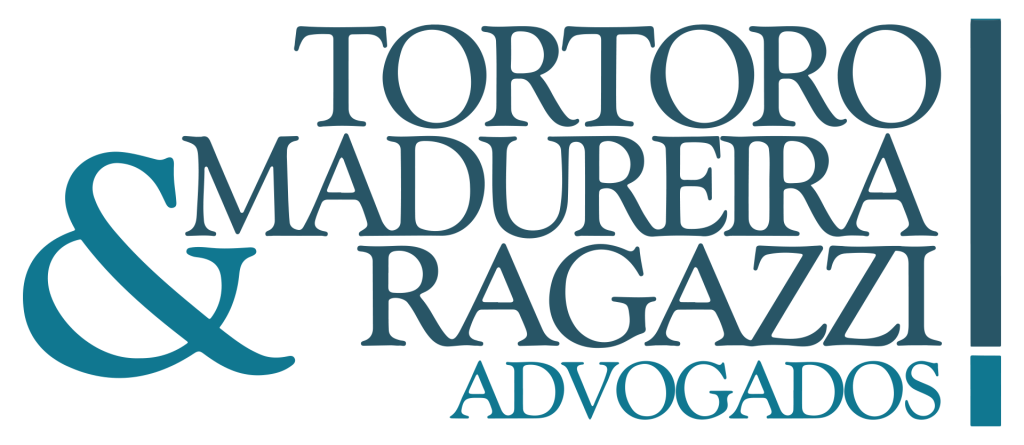
Paola Andrade, attorney at Tortoro, Madureira & Ragazzi Advogados.
Constant increases in fee amounts paid to CETESB in the last four years impose adversities on São Paulo industry entrepreneurs who need environmental licenses to regulate their companies’ operations and who must have important documents issued. However, what many taxpayers do not know is that these increases are being discussed in the judicial branch for breaching the most basic and elementary pillar of Tax Law: the principle of legality.
It is an undisputed fact that the amounts paid to the environmental licensing agency constitute fees, and by simply reading the provisions of article 3 of the Brazilian Tax Code, it is possible to clearly understand them in light of the definition of tax, that is, a “compulsory cash payment, which does not constitute a penalty for a wrongful act, established by law and collected on account of a fully related administrative activity”.
In turn, the Federal Constitution also strictly states that “the Union, the States, the Federal District and the Municipalities are prohibited from demanding or increasing tax that is not governed by any legislation” (art. 150, item I), that is, it is a taxpayer guarantee that there be a legislative process to properly vote on the impact that such change will have on the sector and on the entrepreneur’s funds.
However, since December 2015, after the publication of Board Decision No. 315/2015/C, CETESB has tried to deviate from compliance with the principle of legality, as, by means of a non-statutory act, it has rewritten State Law No. 997 of 5/31/1976, which provides for the prevention and control of environmental pollution related to environmental licensing.
The aforementioned regulation increased the fee amounts paid by entrepreneurs by over 1000% upon changing the concept of “source of pollution”, defined by legislation as that which covers “any activity, system, process, operation, machinery, equipment or device, whether mobile or not, provided for in the Regulation of this law, which causes or may cause environmental pollution on account of the emission of pollutants”. By changing the legal definition, spaces such as parking lots, sports courts and even warehouses where non-polluting activities were carried out, have suffered a consequent increase in the tax calculation basis.
With several inquiries in the Judiciary regarding the validity of this regulation, it was revoked by the body giving rise to State Decree No. 62.973/2017, which coincidentally (or not), repeated ipsis litteris the inordinate definition of “source of pollution”, that is, illegality remained and taxpayers were forced to continue in litigation to avoid abusive increases.
Numerous writs of mandamus were filed for in the São Paulo Court of Justice, which, in a manner consistent with constitutional dictates, granted entrepreneurs the possibility of collecting the fees calculated as provided for by State Law No. 997/76.
The Chambers Dedicated to the Environment had nearly settled the case by safeguarding compliance with the principle of legality when a third rule was published to the taxpayers’ surprise: State Decree No. 64.512 of 10/3/2019.
The recent regulation changed the provisions formerly questioned, however, it remains illegal as it added “outdoor activity” areas in the definition of source of pollution, and such areas are not covered by State Law No. 997/76. Hence, taxpayers who are still in litigation to challenge the previous rule, of 2017, are again impelled to question the content before the Judiciary, restarting the discussion to regularly exercise their net and certain right to exercise the economic activity.
Constant changes in the concept of “source of pollution” by non-statutory regulations, in addition to disrespecting for the principle of legality, creating a much greater burden for taxpayers: they breach the order, the economy, public health and legal certainty, compromising the resumption of economic growth.
As it is a parameter for the environmental license fees, changing the concept of “source of pollution” generates much more than just changes in qualification, with an evident increase in the tax calculation basis that culminates in the illegal payment of amounts that often compromise the activities of companies.
In addition, the justification submitted in court by the agency that “such increase is necessary to cover the costs of CETESB”, is unacceptable, as the amounts practiced are annually adjusted by the UFESP variation, which demonstrates that the transfer of this burden to the taxpayer has no legal support.
Another noteworthy matter is the illegally expanded concept of areas subject to environmental licensing against the inevitable lack of competence of the CETESB to inspect them, as, since they are not a source of pollution, the agency with delegated competence defined in articles 5 and 6 of State Decree No. 8.468/76, had no competence to monitor these locations, much less compute them in calculating the amount of their licenses.
Given this scenario, São Paulo entrepreneurs who see the abusive increase in environmental licensing fee amounts can and should question them in court, in order to preserve their rights. Thus, avoiding inconvenience and shutdowns in their companies, as the constitutional principle of tax legality must be protected and respected, given that no agency, be it of direct or indirect administration, has no justification to institute or increase taxes without strictly complying with such a principle.
